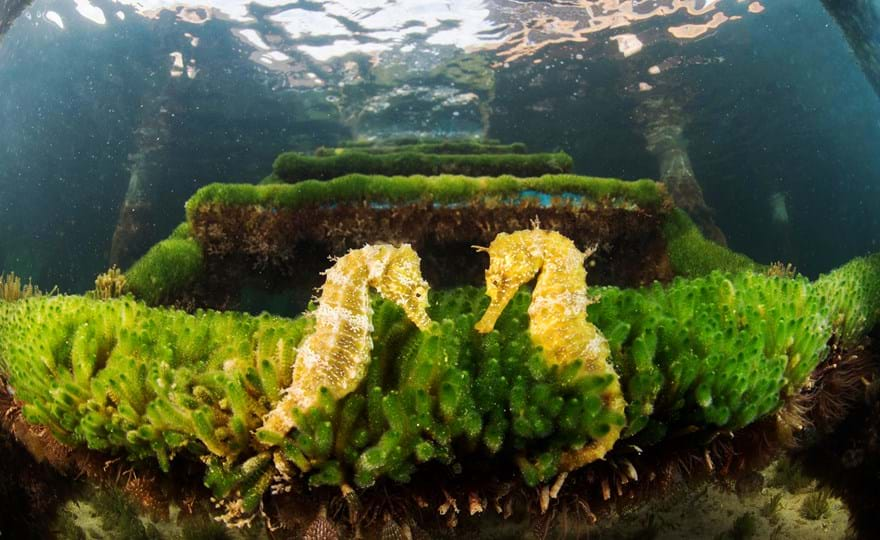ClientEarth Communications
6th October 2021


We are taking legal action today by submitting a formal complaint to the European Commission against Spain’s continued failure to protect the Mar Menor – an internationally protected site and popular tourist destination – from chemical overload.
Together with our partner, Ecologistas en Acción, we are urging the European Commission to launch immediate action against Spain as harmful agricultural practices push Europe’s largest saltwater lagoon to the brink of ecological collapse. Failure to protect this iconic site breaches EU and national laws.
The continuous build-up of fertilisers from nearby agricultural land has created toxic conditions in the Mar Menor, decimating the site and resulting in recurrent episodes of mass deaths of marine life and habitats with the most recent episode of mass die-off occurring this August.
EU nature laws require national authorities to take necessary measures to avoid the deterioration of protected sites and water bodies, like the Mar Menor. However, we believe Spain has failed to comply with this legal obligation by taking only superficial steps to safeguard the Mar Menor from damaging agricultural practices.
Meanwhile, species are being depleted and tourists are being driven away by the sight and stench.
Our wildlife and habitats lawyer Soledad Gallego said: “Spain’s lack of meaningful action to protect this iconic site means we are witnessing the Mar Menor breaking down before our eyes. Protected species and habitats clearly cannot survive, let alone thrive, under the suffocating conditions caused by current industrial farming.
“The European Commission must urgently act to stop this environmental crisis. As legal guardian of the Mar Menor, the Spanish authorities have a duty to safeguard the lagoon, not purely because of its natural beauty, but because it is vital for the health of people and nature, which risks disappearing forever.”
By lodging our legal complaint, we are asking the European Commission to launch infringement proceedings against Spain.
Scientists have warned of the impacts large amounts of fertilisers have on this unique site. However, the regional government of Murcia and the Spanish Government have failed to control the unsustainable increase in land being irrigated – partially illegally – and to effectively reduce the use of fertilisers and their subsequent discharge into the lagoon.
Our experts at Ecologistas en Acción believe that the Mar Menor could recover if the necessary measures were introduced to change the way the land is managed. Measures include reducing the amount of irrigated land, imposing stricter limits on the amount of fertilisers used and applying natural solutions to help retain excess nutrients and prevent soil loss.
Instead, the regional government has opted for insufficient and short-term measures, such as only banning certain fertilisers over a small area, which fail to address the magnitude of the issue in the long-term. All the while, the national government has failed to step in.
Soledad added: “Continuing to allow intensive agricultural practices will have long-term consequences. Continuing to compromise the Mar Menor and the surrounding farmland in favour of short-term gains is already causing irreversible harm and will eventually leave the area barren, which will have environmental as well as economic and social repercussions.”
Julia Martínez from Ecologistas en Acción said: “There is an opportunity for farmers to move from being the main part of the problem to becoming part of the solution, by leading a shift from the present unsustainable agricultural model to a new one, compatible with the ecological recovery of the Mar Menor.
“This would position the Mar Menor farmers as an international example of how an intensive irrigated agriculture can become sustainable and allow the conservation of water, soil and biodiversity, as well as restoring a healthy ecosystem that many other economic activities depend on.”